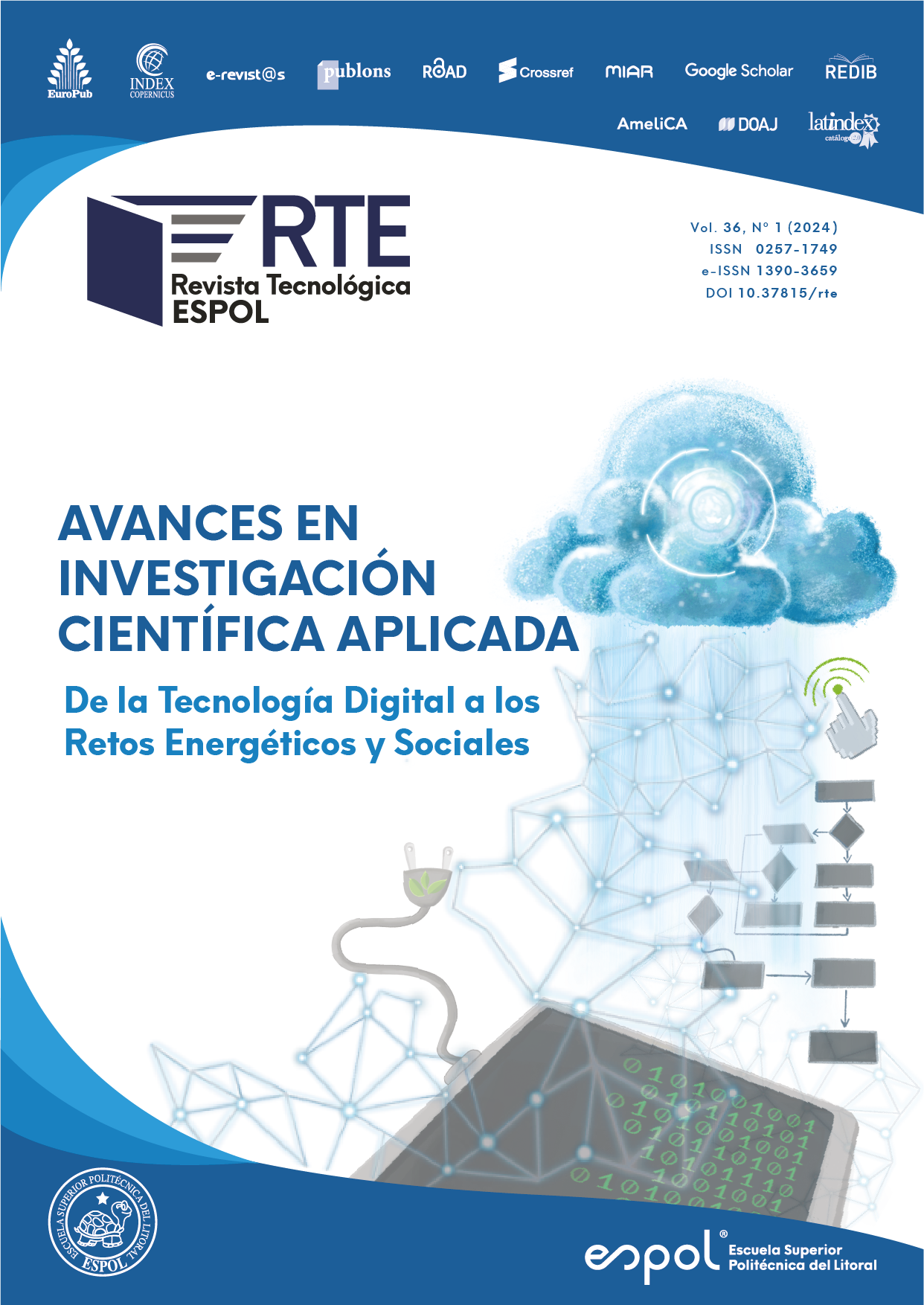El estudio aborda las disparidades de género en habilidades digitales entre estudiantes de informática de la Escuela Superior Politécnica Agropecuaria de Manabí Manuel Félix López. Utilizando un enfoque cuantitativo descriptivo y muestreo estratificado, se seleccionaron 212 estudiantes para el estudio. Se empleó un cuestionario validado por otro trabajo investigativo y adaptado a las necesidades del estudio, incluyendo secciones sobre inteligencia artificial y ChatGPT, para evaluar habilidades digitales básicas y avanzadas. Los datos se recolectaron mediante Google Forms y se analizaron con software estadístico, utilizando estadísticas descriptivas e inferenciales, incluyendo pruebas t y U de Mann-Whitney. El análisis descriptivo mostró un predominio de participación masculina, una tendencia hacia el uso de dispositivos móviles y una limitada formación tecnológica formal. Las diferencias significativas basadas en género se notaron en programación y uso de IA, con disparidades pronunciadas en interacciones con ChatGPT y comprensión de prompts, indicando variaciones de género en la percepción y uso de tecnología. El estudio concluye que existen disparidades de género evidentes en áreas como la comprensión de prompts y el uso académico de ChatGPT, alineándose con estudios previos sobre brechas de género en educación tecnológica. Sugiere la necesidad de estrategias educativas para abordar estas disparidades, contribuyendo a una competencia digital más equitativa en educación superior.

Esta obra está bajo una licencia internacional Creative Commons Atribución-NoComercial 4.0.
Referencias
Connell, R. W. (2005). Cambio de paradigmas en la educación de género. Journal of Gender Studies, 14(1), 105-114.
Connell, R. W. (2005). Change among the gatekeepers: Men, masculinities, and gender equality in the global arena. Journal of Women in Culture and Society, 30(3), 1801-1825.
Fernández-Cruz, F. J., y Fernández-Díaz, M. J. (2016). Generación Móvil: Aprendizaje y Comunicación en la Era del Smartphone. Revista de Educación y Tecnología, 23, 77-88.
González-Pérez, L. I. (2020). El impacto de la instrucción tecnológica en la competencia digital de los estudiantes. Journal of Technology and Science Education, 10(1), 112-124.
Grande-de-Prado, M., Cañón, R., García-Martín, S., y Cantón, I. (2020). Digital Competence and Gender: Teachers in Training. A Case Study. Future Internet, 12, 204.
Johnson, L., y Davies, S. (2019). Educación Móvil: El futuro de la enseñanza y el aprendizaje. International Journal of Educational Technology in Higher Education, 16(25), 1-13.
Karyotaki, E., et al. (2022). Género y tecnología: Un estudio de las tendencias actuales. Journal of Technology and Gender Studies, 5(1), 22-38.
Karyotaki, M., Bakola, L. N., Drigas, A., y Skianis, C. (2022). Women's Leadership via Digital Technology and Entrepreneurship in business and society. Technium Social Sciences Journal.
Kashyap, R., et al. (2020). Diferencias de género en la adopción de tecnología: Un análisis global. Journal of Technology and Social Change, 15(2), 330-345.
Kashyap, R., Fatehkia, M., Al Tamime, R., y Weber, I. (2020). Monitoring global digital gender inequality using the online populations of Facebook and Google. Demographic Research, 43, 779-816.
Lechman, E., y Popowska, M. (2022). Overcoming gender bias in the digital economy. Empirical evidence for European countries. Gender, Technology and Development, 26, 404-436.
López, P., y García, A. (2019). Habilidades digitales en la educación superior: Un análisis descriptivo. Revista de Educación en Tecnología, 14(2), 55-65.
Martínez, R., y Hernández, M. (2021). Equidad de género en educación tecnológica: Retos y oportunidades. Journal of Technology Education and Gender Studies, 3(1), 23-37.
Martínez-Cantos, J. L. (2017). Digital skills gaps: A pending subject for gender digital inclusion in the European Union. European Journal of Communication, 32, 419-438.
Morduchowicz, R. (2021). Competencias y habilidades digitales. Montevideo, Uruguay: Unesco.
Organista Sandoval, J., Lavigne, G., Serrano Santoyo, A., y Sandoval Silva, M. (2017). Desarrollo de un cuestionario para estimar las habilidades digitales de estudiantes universitarios. Revista Complutense de educación. http://dx.doi.org/10.5209/rev_RCED.2017.v28.n1.49802.
Palomares-Ruiz, A., Cebrián-Martínez, A., García-Toledano, E., y López-Parra, E. (2021). Digital gender gap in university education in Spain. Study of a case for paired samples. Technological Forecasting and Social Change, 173, 121096.
Pinkard, N. (2005). How the Perceived Masculinity and/or Femininity of Software Applications Influences Students' Software Preferences. Journal of Educational Computing Research, 32, 57-78.
Prasetiya, B., Hidayah, U., y Adawiyah, R. (2020). RELIGIOUS FUNDAMENTALISM AMONG STUDENTS. Conciencia.
Saha, S., y Zaman, M. O. (2017). Gender Digital Divide in Higher Education: A Study on University of Barisal, Bangladesh. IOSR Journal of Humanities and Social Science, 22, 11-17.
Shaw, L. H., y Gant, L. (2002). Users divided? Exploring the gender gap in Internet use. Cyberpsychology y behavior : the impact of the Internet, multimedia and virtual reality on behavior and society, 5(6), 517-27.
Smith, J. (2020). Tendencias en el uso de tecnología digital en la educación. Journal of Digital Education Research, 2(4), 112-126.
Taherdoost, H. (2022). What are Different Research Approaches? Comprehensive Review of Qualitative, Quantitative, and Mixed Method Research, Their Applications, Types, and Limitations. Journal of Management Science y Engineering Research. https://doi.org/10.30564/jmser.v5i1.4538.







